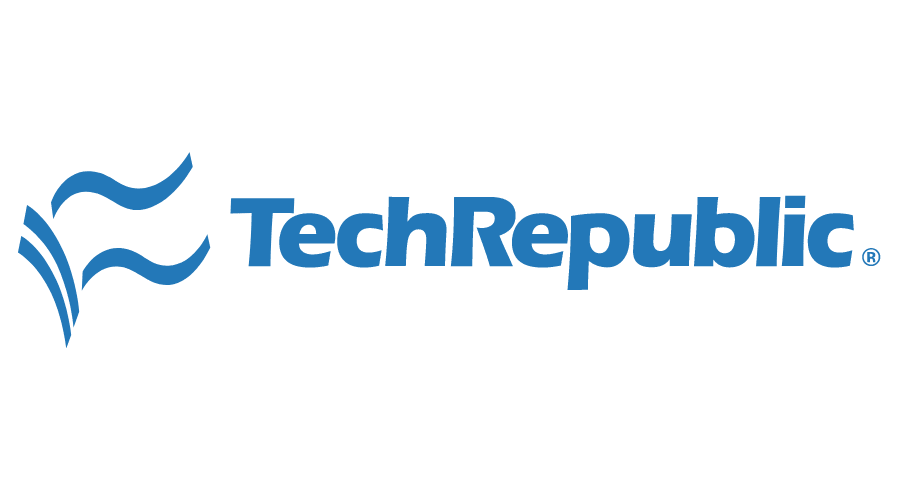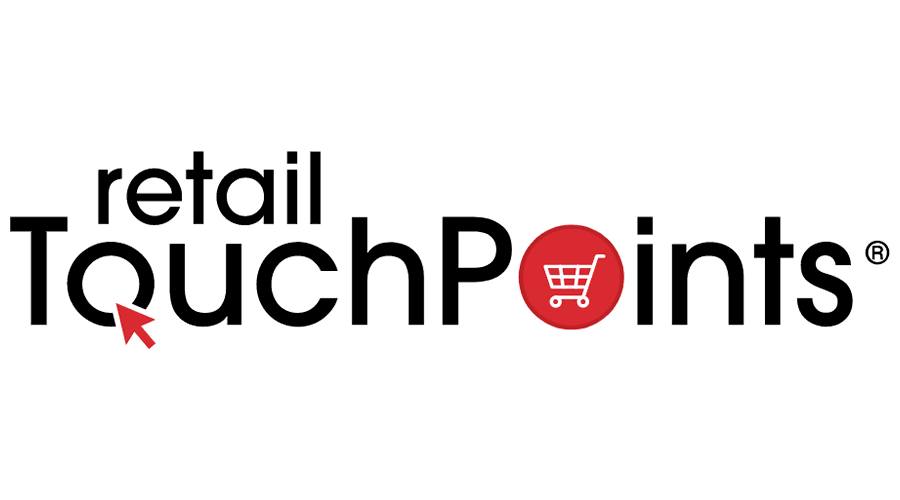Dive Brief:
- Consumer groups, manufacturers and retailers have joined the Buy Safe America Coalition, which aims to protect consumers from buying counterfeit and stolen items. The group includes retailers and brands like J.C. Penney, Birkenstock and Gap, according to a press release emailed to Retail Dive.
- The organization is advocating for the passage of the INFORM Consumers Act, legislation that would require online marketplaces to gather and verify merchant information and share that information with consumers.
- Trade groups, including the American Apparel & Footwear Association, the Fashion Jewelry & Accessories Trade Association and the Fashion Accessories Shippers Association, are part of the coalition, too.
The Buy Safe America Coalition is focused on the threat that organized retail crime, and fake and stolen goods, pose to retailers. Per a January report from the U.S. Department of Homeland Security, cited by the Buy Safe America Coalition, apparel, accessories, shoes, jewelry, handbags, wallets and electronics were among the top items seized in 2018.
“Clothing and apparel retail stores that line Main Streets across the country are on the forefront of the fight against counterfeits and stolen goods,” Michael Hanson, spokesperson for the Buy Safe America Coalition, said in a statement. “America’s largest apparel companies share our mission to protect consumers and communities and are urging Congress to pass basic transparency and verification requirements to make it harder for bad actors to peddle stolen and counterfeit goods.”
As the COVID-19 pandemic shifts nonessential spending online, consumers and regulators have been increasingly concerned about counterfeit sales. Back in March, a report from Red Points found that 68% of U.S. consumers are concerned about more counterfeit or poor-quality goods sold online due to the pandemic. That same month, legislators introduced the SHOP SAFE Act, a bill that would create trademark liability for online marketplaces when third parties sell fake products that could endanger consumer health and safety, but it hasn’t moved past the introduction phase. In July, the U.S. House Judiciary Committee also questioned Jeff Bezos about fake items sold over the platform.
The large number of jerseys used by NBA teams while playing in the Florida bubble, and their resulting collectability, is another boon for counterfeiters. “Multiple teams have had up to four jerseys so far across 15-18 games, which drives memorabilia. There are also the retro jerseys many NBA teams ran. I bet those have been super-hot to collect,” Shapiro says, adding that it will take more time to collect data on whether those jerseys were specifically targeted.
Sven Klos, founder of KLOS cs, has also witnessed the increase in illicit activity targeting his sports clients. “Our client Ajax, for instance, is vigorously stepping up its enforcement measures,” he says. Considering the culprits, he notes: “We especially have found an increase in people starting small online retail businesses for counterfeit soccer shirts. I put that down to people having time on their hands to set up the initiatives and looking for a way to make some ‘easy’ money.”
Similarly, an in-house trademark professional for a major sports brand commented that they had seen “an increase in counterfeiting during the past few months, primarily due to the number of face coverings being produced using unlicensed marks”. However, the in-house team member was not as concerned about traditional sports memorabilia such as jerseys and headwear, stating: “Those numbers remain flat to this time last year.” Klos concurs: “I expect things to be back to pre-covid levels in a few months.”
The big increases, Shapiro suspects, are not actually in the memorabilia sector. Instead, Red Points – whose clients include 100%, Tatami Fightwear, Powerblock, DOPE, Womens Best, Venum, Cleto Reyes and O’Neal – believes the majority of the increase to be a result of home fitness goods. “In today’s world, personal fitness is being done at home, it’s a growing e-commerce interest,” Shapiro says.
“As retail environments shrink, e-commerce grows,” he adds. “Fewer people get to touch and feel a product, and so their tactical senses are being challenged. They have to make a decision from a photo. The prices often look good – seemingly on sale, maybe – so they have to ask if it looks authentic.” He adds that the issue is further complicated by counterfeiters penetrating trusted platforms, giving them the impression of legitimacy.
Read the full article in Retail Dive.





